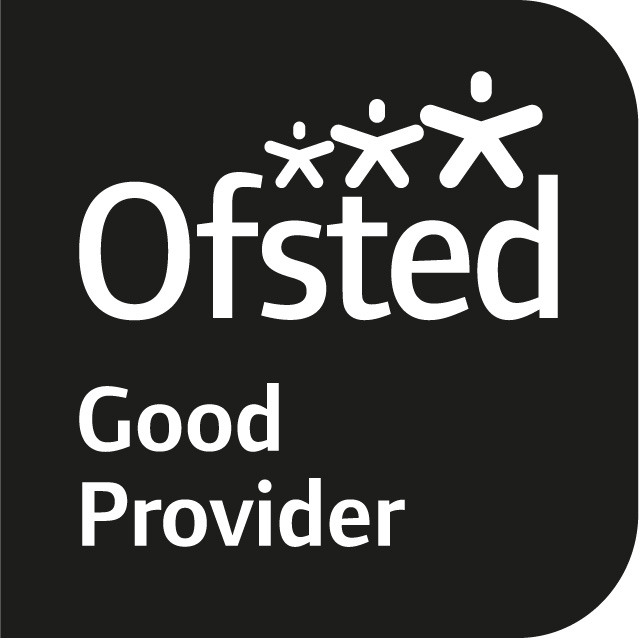
Course may be subject to change.
Builds software components as part of development projects within a team.
Learn to write simple code, apply security, problem solve, apply configuration management control, and make simple connections between code and defined data sources.
Entry Criteria
You will hold 5 GCSEs at grade 9-4 (A-C), including English and maths, or a Level 2 qualification in IT at Distinction plus GCSEs at grades 9-4 (A-C) in English and maths.
All applicants will be interviewed. You will complete a BKSB assessment in English and maths, as well as free hand writing exercises.
If you don’t get the results you were expecting, talk to one of our advisors, who may be able to find the course to suit your skills and abilities.
What are the next steps?
You will be invited for an interview where you will be given details of the programme, meet the team and have an opportunity to take a tour of the campus.
You will be asked a series of questions to find out more about you and your career aspirations, and we will be happy to answer any questions you may have about the course. Your parent/guardian is welcome to attend the interview with you.
Study Aims
A Software Development Technician typically works as part of a software development team, to builds simple software components (whether web, mobile or desktop applications) to be used by other members of the team as part of larger software development projects.
The role includes interpreting simple design requirements for discrete components of the project under supervision. The approach will typically include implementing code, which other team members have developed, to produce the required component.
The Software Development Technician will also be engaged in testing that the specific component meets its intended functionality.
Modules Studied
- Software Development Context and Methodologies
- Programming
- Competencies (writing simple code, applying security, problem solving, applying industry standard approaches for configuration management and version control, making simple connections between code and defined data sources.)
A full list of the competencies and behaviours can be found on the iFATE Website
Teaching and Assessment
This course combines work-based learning with theoretical learning at college one day per week.
On Programme Assessment Technical knowledge and understanding is assessed on programme through a combination of Ofqual-regulated Knowledge Modules and specified vendor and professional qualifications.
These must be passed before the end point assessment can take place.
End Point Assessment
The final, End Point Assessment is completed in the last few months of the apprenticeship. It is based on:
- A portfolio – produced towards the end of the apprenticeship, containing evidence from real work projects which have been completed during the apprenticeship, usually towards the end, and which, taken together, cover the totality of the standard, and which is assessed as part of the end point assessment.
- A project - a business-related project over a one-week period away from the day-to-day workplace.
- An employer reference - a structured interview with an assessor, exploring what has been produced in the portfolio and the project as well as looking at how it has been produced.
- An Independent Assessor - each element of the EPA will be reviewed and the Independent Assessor will then decide whether to award a pass, a merit or a distinction.
Placement
Working with a local employer four days a week means you will develop your skills in a real working environment.
You could progress to a relevant Level 4 programme at New College Durham, such as FdSc Software Development.


